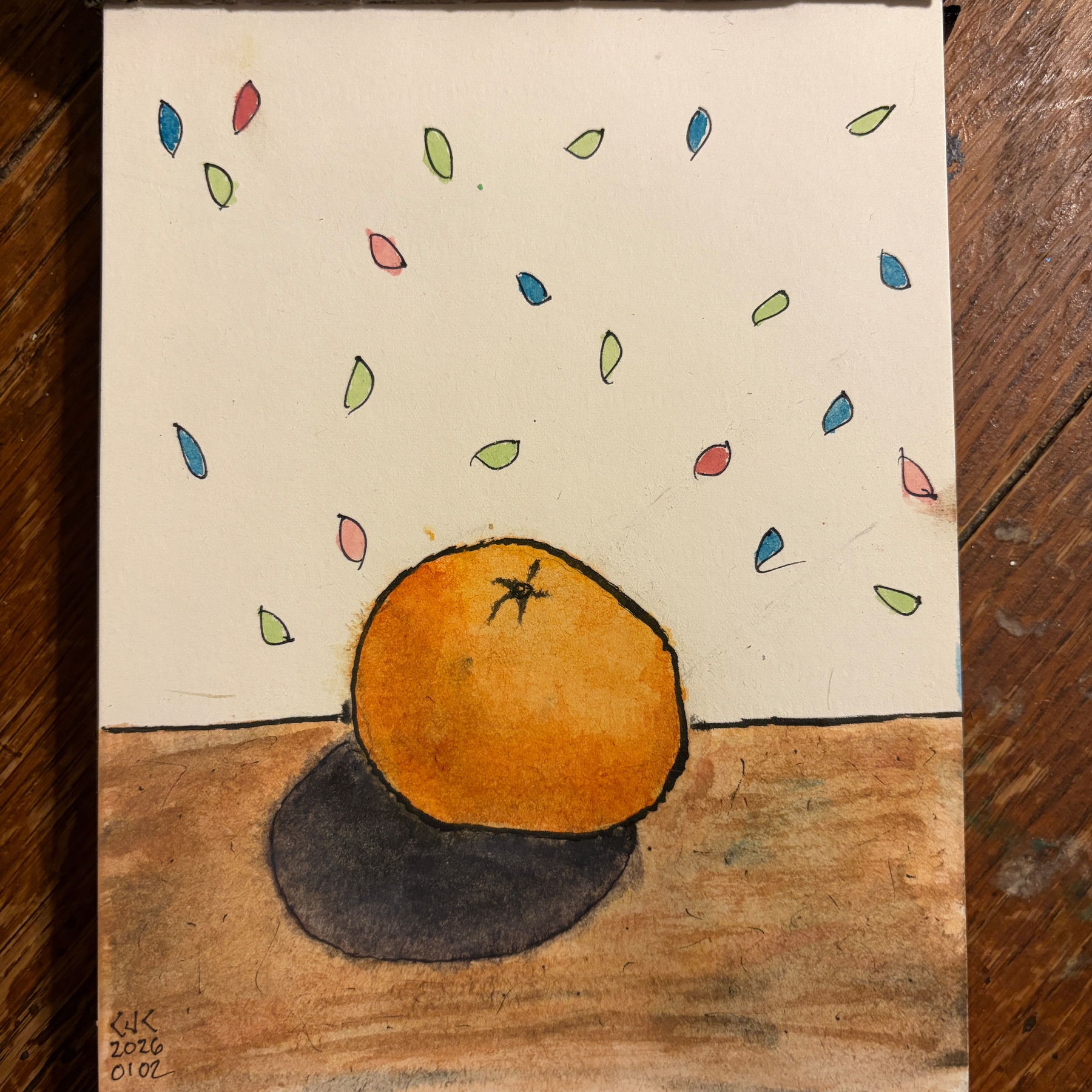
Finished reading The Dip. Main idea: If you compete, only aim to be the best. Not just better than most. But first ask if you have the time, talent, resources, and focus to get through the dip. If not, quit and be the best elsewhere. If you do, commit and push through! The rewards are are huge. 📚

I finished reading: Smart Brevity by Jim VandeHei, Mike Allen, Roy Schwartz. Not everything needs to be brief, but most things do. This book can help. 📚
Day 3 Strada Easel Challenge - Tucson mountains. My first plein air of a sunset. Can’t wait to try again.

Finished reading: In the Hands of the People by Jon Meacham 📚
On Repeat: Alexandra Whittingham | Letters from Paris
I’m reading: Right Kind of Wrong by Amy C. Edmondson. She helpfully distinguishes between different kinds of mistakes. This is a more useful thing than I realized when I started this book.
I started reading: The Grief Recovery Handbook, 20th Anniversary Expanded Edition by John W. James, Russell Friedman. About halfway through. So far very good.
Finished reading: A Heart Aflame for God by Matthew C. Bingham. Bingham does an excellent job synthesizing the Reformed perspective on spiritual formation and interacting with other views. 📚
Finished reading: The Doodle Revolution by Sunni Brown. I loved working slowly through this book; learned a lot. I even adjusted my sermon prep process as a result. 📚
Reading: Saving the Reformation by W. Robert Godfrey 📚
Reading: How to Lead Your Family by Joel R. Beeke 📚
Is there a mail client that is better than Apple Mail? I feel like I can’t get signatures to work consistently correct, search is slow and has trouble finding things. Copy and paste creates weird formatting sometimes.
Finished reading: The Pastor and the Modern World. R. Kent Hughes’ chapter is gold. Although there’s not a single word about A.I., preacher’s wondering if and how to use it will find this chapter very helpful. It’s a must read. Also, Alfred Poirier introduces Gregory of Nazianzus’ thoughts on pastoral ministry—ancient wisdom from modern times. 📚







